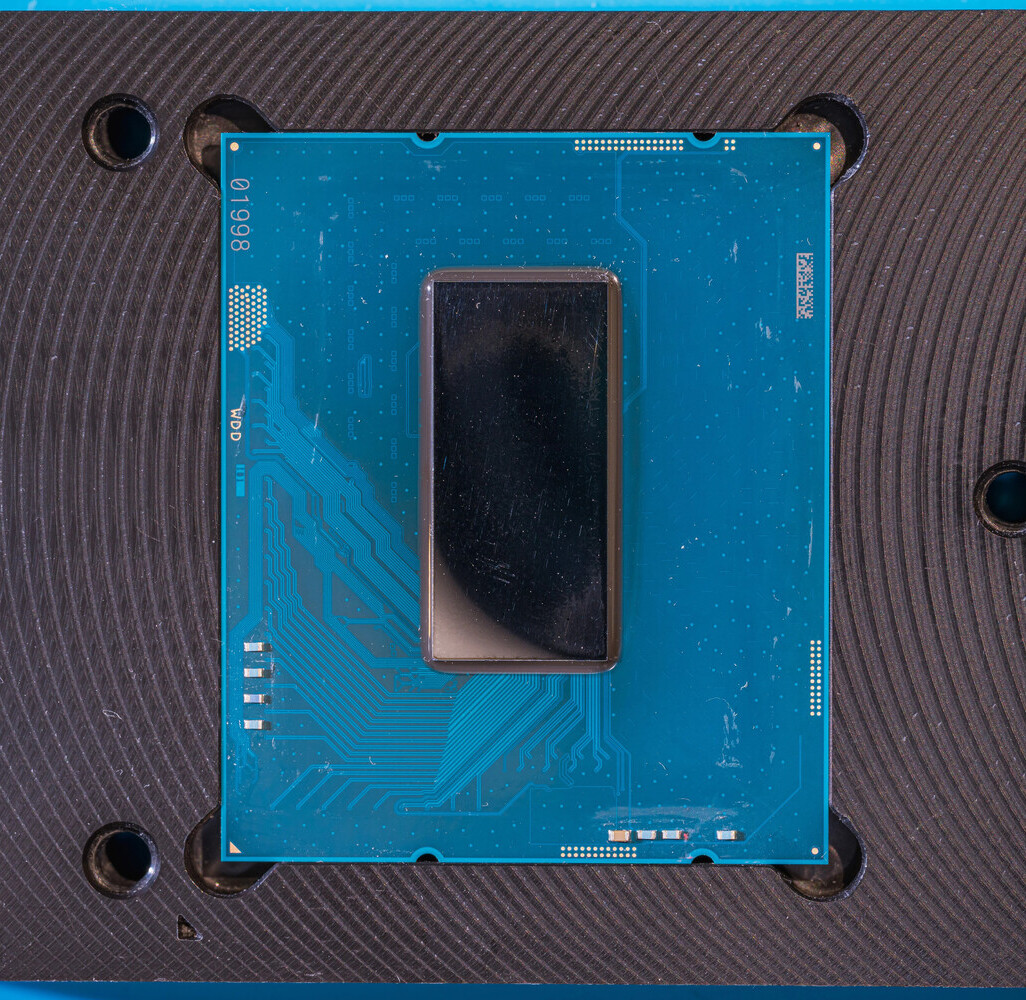1. Intel has always taken reliability very seriously, if I recall correctly, the processors are designed to last for 20+ years in their rated specification (aka maximum junction temperature and full load). All of these CPUs are screened to match their quality standards. So if you run your i9 at the rated ~253 W/100°C, expect it to last a very long time. This will also address the other concerns, but remember that Intel is only obligated to warrant and ensure that the processor behaves within their official specifications. Load-line, unlimited PL, etc. all falls outside of scope, and even then they have ensured every single step of the way that they operate reliably regardless.
2. Different chip quality, yes, but here's the thing: the 13900K, 13900KS, 14900K and 14900KS are technically the exact same processor, unchanged. Not only doesn't the "14th gen" bring any chip-level improvements, but they retain the exact same capabilities, characteristics, and even hardware revision/stepping. As you may have guessed: the difference between these four models is indeed their quality.
That's why KS processors take a couple of months after production has started to begin showing, there are not a lot of samples that match the standards required to build these SKUs. It's actually amazing that after a year of manufacturing them, Intel managed to more or less level out the standard grade i9-14900K with the 13900KS, which just proves the sheer maturity of the Intel 7 node, and that alone should address most of your reliability concerns. In fact, if you want a reliable piece of silicon, there's no option in the market that will measure up. It'll take a long time until Intel 4 and any subsequent node has this level of performance.
I assume that they're able to select the chips that make each cut because their first-party foundry services, R&D labs, product engineering, packaging and assembly as well as all other critical steps are vertically integrated from sand to silicon, and this would reflect on Raptor Lake breaking every single frequency limit as of late: the absolute cream of the crop gets sent out to extreme overclockers as press samples, following top percentile of chips then sold as i9 KS and then the rest goes down as standard grade i9's, then eventually i7's, i5's, etc.








 But when AMD charges $1,500 to $5,000 on a processor they aren't greedy, this is just "meant for people who make money with their PCs", but when Intel asked $1700 for their top tier halo on the same segment all those years ago when the FX was all AMD had and anything else was a quad-core, yep, devil incarnate.
But when AMD charges $1,500 to $5,000 on a processor they aren't greedy, this is just "meant for people who make money with their PCs", but when Intel asked $1700 for their top tier halo on the same segment all those years ago when the FX was all AMD had and anything else was a quad-core, yep, devil incarnate.